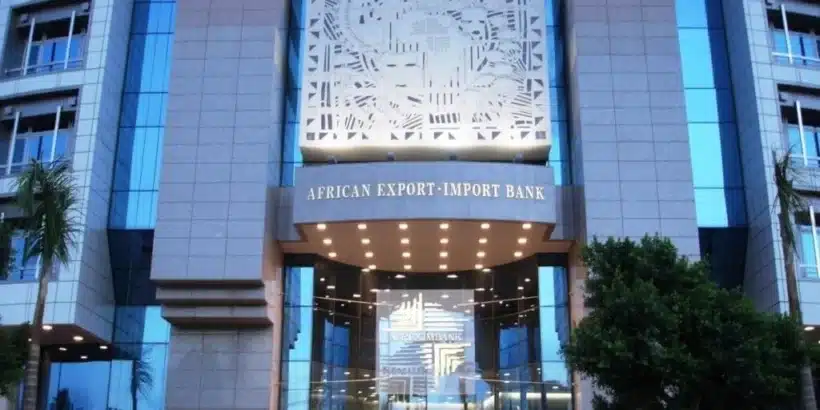
This Thursday, Nigeria will witness the opening of the first Afreximbank African Trade Centre (AATC), a state-of-the-art twin nine-storey office and business hotel complex.
Putting sustainability first, this world-class facility designed to transform Africa’s trade and investment landscape incorporates the very best of green-certified architecture, aligning with global environmental standards.
They say that perception matters. The Abuja AATC offers a new perspective to creating clusters that will help cement business opportunities, change mindset and elevate the business environment across our continent.
Why does this commercial development matter? It does because as the first of many across Africa, it will create new benchmarks in real estate and in corporate workspaces.
The development has an office tower and a 148-bed bespoke four-star business hotel. Boasting top-tier business and trade facilities, it will provide dedicated spaces for trade exhibitions, SME incubation, and conference and business amenities.
Our bank’s model of developing integrated trade services hubs is unique, and one that will be replicated at scale across Africa because the continent needs models that are scalable and replicable.
Our institution was created to provide counter-cyclical support and to drive the transformation of our continent through, amongst others, greater trade.
Our forefathers have been calling for economic self-reliance. These trade centres are going to be hubs for business, fostering innovation and empowering small businesses as well as enhancing global trade participation.
The journey to the launch of the Abuja AATC began in 2018 when the idea of creating trade facilitation hubs in key commercial capitals across Africa was first mooted. Nine leading commercial cities were selected to host the network of AATCs across Africa and the Caribbean. They include Abuja (Nigeria), Harare (Zimbabwe), Kampala (Uganda), Cairo (Egypt), Abidjan (Cote d’Ivoire), Yaoundé (Cameroon), Kigali (Rwanda), Tunis (Tunisia) and Bridgetown (Barbados).
Having received land from Nigeria and Zimbabwe respectively, the projects were launched in November 2021 and September 2022 in Abuja and Harare respectively. Four years later, the Abuja AATC is changing the Abuja cityscape and in August this year, the Harare-AATC will be formally opened too. Construction of the Kampala AATC commenced in November 2024, while the Cairo AATC is planned for September 2025.
These are examples of successful Public-Private Partnerships, working with government, investors and a multilateral development bank. These developments also help us deliver on the vision of our founders to provide bespoke financing solutions and advisory services for the expansion, diversification, promotion and development of Intra- and extra-African trade.
But why the Caribbean you will ask? The Barbados AATC will serve as an authentic beacon of trade by embodying the ambition, resilience, and influence of leading commercial cities in Africa and the Caribbean as well as a dynamic focal point for commerce by fostering regional and global trade connections between Africa and the greater CARICOM region, that comprises 20 countries.
To echo our president, Prof Benedict Oramah, the Barbados AATC will serve as the gateway for Afri-Caribbean trade and investments, creating opportunities for doing business with the Caribbean and for Caribbeans doing business in Africa. Something we have termed the Global Africa narrative.
In an increasingly fragmented world, building bridges is important because the last few years have shown that self-reliance is not only a solution, but an imperative.
This $180 million investment is expected to be completed in 2028. It will create 300 permanent jobs, boost the supply of hotel rooms in Barbados, a country dependent on tourism income and it will also host our CARICOM headquarters. Other facilities include a conference centre, a Small and Medium Enterprises (SME) incubator, a Digital Trade Gateway, a trade and exhibition centre.
Actions matter. Our role is to catalyse investment, trade and development and clusters have proven effective means of catalysing ideas and business opportunities.
The Abuja AATC will be seen as a test case for the viability of the idea and dream of business clusters as catalysts for growth and employment and empowerment.

